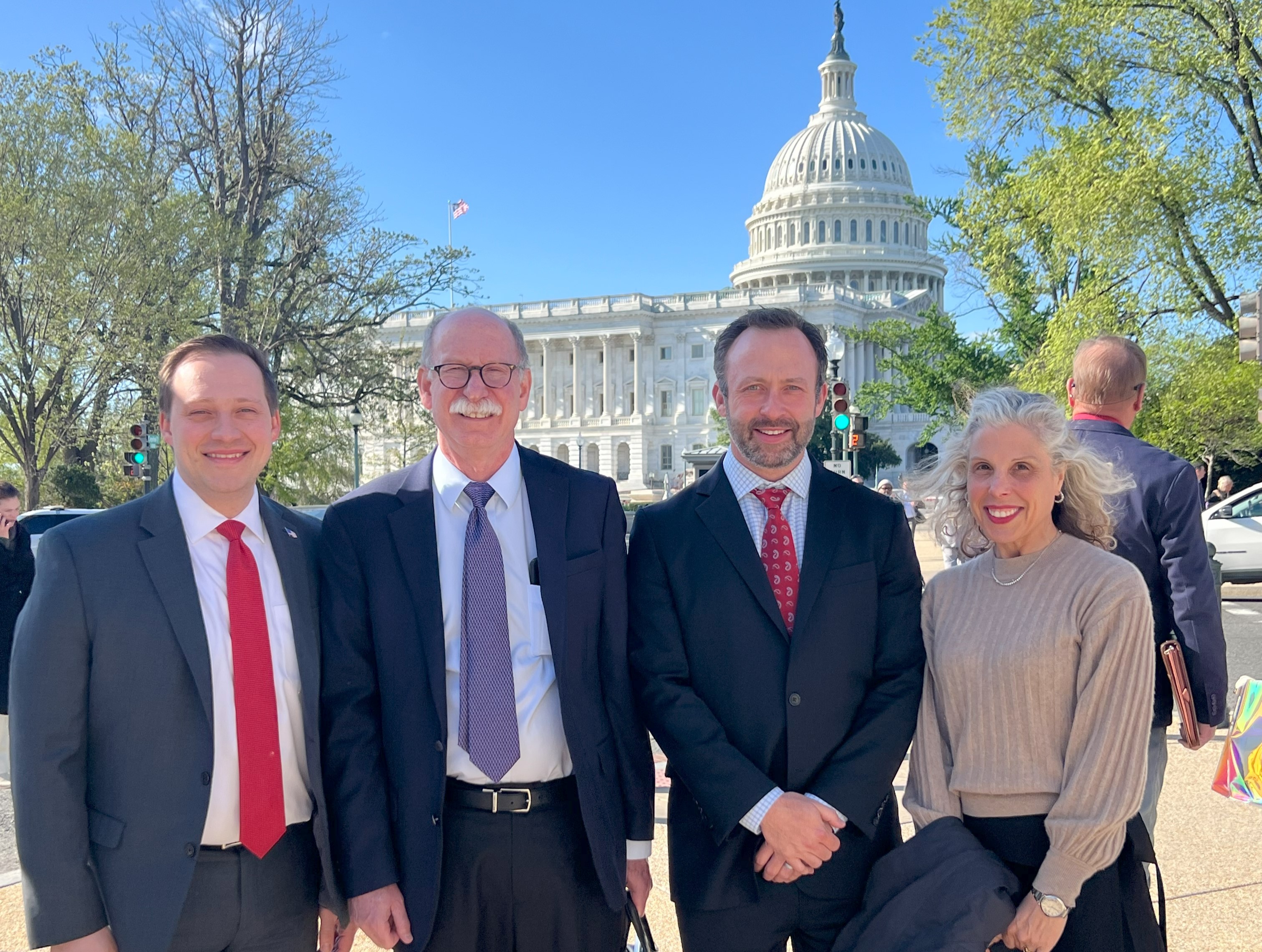Stark Law UpdateApril 2023 At the beginning of the COVID-19 public health emergency in March 2020, CMS issued several blanket waivers of certain aspects of the Stark Law (Section 1877(g) of the Social Security Act). These waivers created notable exceptions for specific referral and financial relationships directly related to at least one defined COVID-19 purpose. In the original COVID-19 waiver document, CMS defined a “COVID-19 purpose” under six specific circumstances.
In the waiver document, CMS also outlined the 18 types of financial and referral relationships where the application of the Stark Law was waived if they were related to a COVID-19 purpose. The end of the Blanket Waivers of Section 1877(g) means that providers will no longer be able to rely on the flexibilities that were in place during the PHE. While many of the rules and regulations physicians followed before March 2020 will return, the current version of the Stark laws has seen significant changes since the start of the pandemic. CMS Final Rule: Modernizing and Clarifying the Physician Self-Referral RegulationsOn November 20, 2020, CMS issued a new final rule to “modernize and clarify” the regulations within the Medicare physician self-referral law. The new rule aligned the Stark law with the increasing transition to value-based care. For instance, the rule revised several fundamental Stark Law principles, including new definitions for what CMS considers fair market value and commercial reasonableness in the context of value-based arrangements. It also created new mechanisms to analyze whether compensation considers the volume or value of referrals and a new test for indirect compensation, among many other changes. For additional information on the final rule, you can view CMS’s Fact Sheet here: https://www.cms.gov/newsroom/fact-sheets/modernizing-and-clarifying-physician-self-referral-regulations-final-rule-cms-1720-f. CMS Voluntary Self-Referral Disclosure Protocol (SRDP) Update In December 2022, CMS and the Office of Management and Budget approved new revisions to the SRDP Disclosure Forms that providers of services and suppliers use to self-disclose Stark Law violations. The new forms can be found on CMS’s Self-Referral Disclosure Protocol page. All providers must use these updated forms for disclosures submitted on or after March 1, 2023. New Statutory Exception for Physician Wellness ProgramsIn December, Congress included a new exception in the Stark Law to expand physician wellness programs, a new policy focus for Congress and CMS coming out of the pandemic, which had a profound effect on the health of physicians. In Section 4126 of the Consolidated Appropriations Act, 2023 (CAA 2023), Congress established a new exception to the physician self-referral law for physician wellness programs. Provided that all the requirements of Stark Law are satisfied, provider facilities such as hospitals, ambulatory surgical centers, community health centers, rural emergency hospitals, rural health clinics, or skilled nursing facilities are allowed to offer a bona fide mental health or behavioral health improvement or maintenance program to physicians that practice in the specific geographic area served by such entity. The Secretary has the discretion to designate other eligible entities. Only physician wellness programs offered on or after December 29, 2022, can utilize this exception. In-Office Dispensing Stark Statues Back in Effect The Stark Law permits regarding in-office dispensing (IOD) of certain drugs under the in-office ancillary services exception. Under this exception, IOD may be provided at the point of care, including prescription pick-up. The mailing or delivery of prescriptions to the beneficiary in their home does not typically qualify for this exception. During the COVID-19 public health emergency, CMS suspended several Stark rules, allowing greater flexibility in dispensing pharmaceuticals to patients. The end of the PHE means that these waivers will expire. If a practice has been mailing or delivering prescriptions during the PHE, this practice should end. Nearly all physician-owned practices rely heavily on the Stark Law’s in-office ancillary services exception to protect their referrals for certain designated health services, including imaging and other ancillary services. To use the in-office ancillary exception, a group must first qualify as a bona fide group practice as defined in the Stark Law and regulations; the updates implemented during the PHE clarified the definition of a group practice and the permissible compensation structures within a group practice. These changes went into effect on January 1, 2022. It is also important to note that if the state you are operating in prohibits the mailing of prescriptions, these laws must be complied with regardless of any exceptions provided by CMS under the Federal Stark Law. The interpretation of Stark Law concerning IOD is nuanced and controversial. LUGPA strongly believes that IOD is an essential component of quality care and will continue to advocate for the ability of its member practices to provide this critical service to their patients. |




